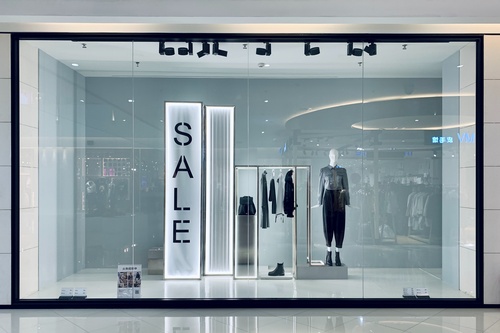- GET ADVICE, CALL US NOW02 9281 5088

Szabo & Associates News & Updates
4 Key Differences Between Commercial and Retail Leases

There are a number of important differences between a commercial lease and a retail lease. It is important that both landlords and their tenants are aware of what commitments they are taking on.
The key differences in NSW are:
1. Legislation
The main difference between retail and commercial leases is the level of statutory protection given. Commercial leases are generally speaking more negotiable, whereas retail leases have additional protections under legislation. In NSW, retail leases are governed by the Retail Leases Act (1994).
By definition, a retail lease is one where the permitted use is for the sale of goods, often in a shopping centre, subject to certain exceptions.
A commercial lease is one where premises are usually used for industrial activity, warehousing or office accommodation.
2. Fees
In a retail lease, the landlord is not allowed to pass on preparation costs of the lease, including mortgagee consent, onto the tenant. In commercial leases, this is a matter of negotiation.
3. Disclosure of Information
Retail landlords are required to provide a disclosure statement up-front during the negotiation stage (later in a commercial lease), which contains a summary of the terms of the lease, information about the shopping centre and costs payable under the lease. Failure to disclose important information can give the tenant the right to terminate the lease.
4. Unconscionable, misleading or deceptive conduct
Retail tenants receive additional protections in the legislation from deceptive or unconscionable conduct of the landlord.
Contact our Commercial Property Lawyers in Sydney, NSW
Szabo & Associates Solicitors are experts in commercial and retail property leases, advising both landlords and tenants, as well as assisting in resolving disputes that can arise between the parties. Please call us on 02 9281 5088 or complete the online contact form.
By accepting you will be accessing a service provided by a third-party external to https://szabosolicitors.com.au/
Individual problems require individual solutions
For more information or to book a consultation, call us on
02 9281 5088



